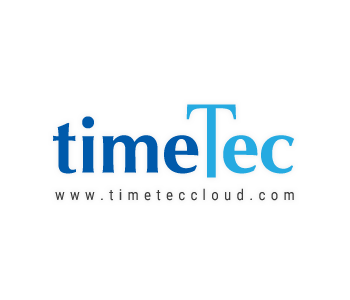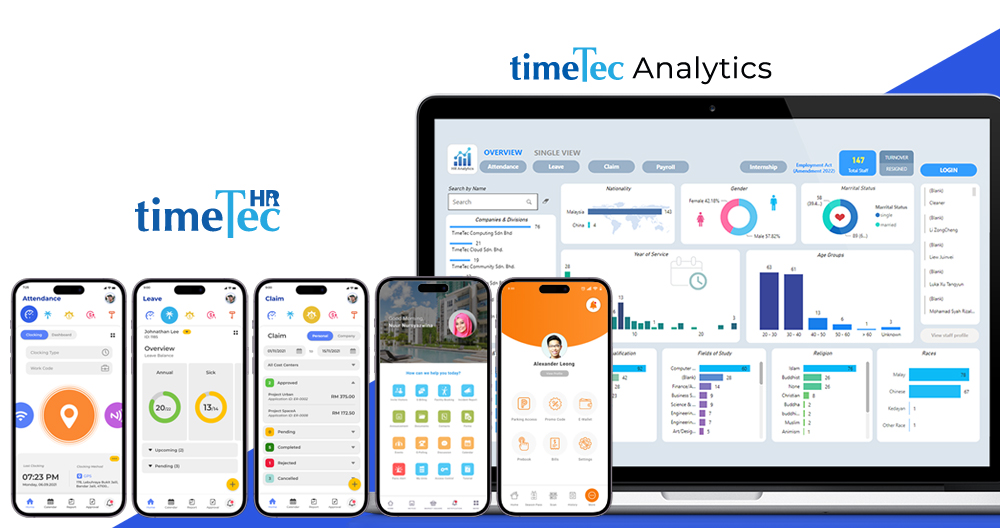Differentiating Dashboards and Analytics for Informed Business Decisions
Lots of solution providers use the system dashboard that comes along with their solutions as data analytics module to deceive customers. In fact, data analytics is much more than that.
In brief, a dashboard is a visual display of key performance indicators (KPIs) and other relevant information, presented in a consolidated and easy-to-understand format. It provides a real-time snapshot of data and helps users monitor and make decisions based on that data. In short, dashboard is more for operational.
On the other hand, data analytics involves the process of examining raw data to extract insights, identify patterns, and make informed conclusions. It goes beyond visualization to explore data trends, correlations, and anomalies, often using statistical and machine learning techniques. In short, data analytics is more for management to understand in-depth situation and to enhance operation, but more importantly to make strategical decision that would affect the future of the organization.
In brief, a dashboard is a visual display of key performance indicators (KPIs) and other relevant information, presented in a consolidated and easy-to-understand format. It provides a real-time snapshot of data and helps users monitor and make decisions based on that data. In short, dashboard is more for operational.
On the other hand, data analytics involves the process of examining raw data to extract insights, identify patterns, and make informed conclusions. It goes beyond visualization to explore data trends, correlations, and anomalies, often using statistical and machine learning techniques. In short, data analytics is more for management to understand in-depth situation and to enhance operation, but more importantly to make strategical decision that would affect the future of the organization.
In terms of benefits, Dashboards may deliver the followings:
1. Real-time Monitoring:
Dashboards provide a real-time overview of key metrics, enabling quick and informed decision-making as you can track operational performance instantly.
Dashboards provide a real-time overview of key metrics, enabling quick and informed decision-making as you can track operational performance instantly.
2. Visual Representation:
Visual elements like charts and graphs make it easier to comprehend complex data. Dashboards condense large amounts of information into a visually digestible format.
Visual elements like charts and graphs make it easier to comprehend complex data. Dashboards condense large amounts of information into a visually digestible format.
3. User-Friendly:
Dashboards are designed for ease of use, making them accessible to a broad audience within an organization. Users can quickly grasp trends and performance without needing in-depth data analysis skills.
Dashboards are designed for ease of use, making them accessible to a broad audience within an organization. Users can quickly grasp trends and performance without needing in-depth data analysis skills.
4. Efficiency:
Dashboards save time by providing a consolidated view, eliminating the need to sift through extensive reports. This promotes efficiency in operational decision-making processes.
And for Data Analytics, it delivers different types and more impactful benefits to the businesses:
1. In-Depth Analysis:
Data analytics allows for a deeper exploration of data, uncovering patterns, trends, and insights that might not be immediately apparent on a dashboard.
2. Predictive Modeling:
Advanced analytics, including machine learning, enables predictive modeling. Organizations can forecast future trends and make proactive decisions based on these predictions.
3. Data-driven Decision Making:
Analytics provides a robust foundation for making strategic decisions. By relying on data rather than intuition, organizations can enhance decision accuracy when planning the future moves.
4. Identification of Opportunities and Risks:
Analytics helps in identifying both opportunities for growth and potential risks by analyzing historical and current data. This proactive approach supports better risk management.
5. Continuous Improvement:
Analytics fosters a culture of continuous improvement. By regularly analyzing data, organizations can refine strategies, optimize processes, and stay agile in response to changing conditions.
TimeTec solutions, be it HR suite, property management, smart security, and smart parking, the applications all come with dashboards on their own to help customers in quick visual performance for operation. While we provide TimeTec Analytics modules across platforms, customizable and consolidated in an ecosystem, it allows management to access anytime, anywhere on the web or on the app without the need to log into their individual operation system, to obtain deeper analysis and interpretation of data for actionable insights.
About TimeTec:
TimeTec
Group was established in 2000. Over the past 20 years, the Group has
developed three homegrown, globally recognized IT brands: FingerTec, TimeTec, and iNeighbour. These brands specialize in workforce management, security, smart parking, smart office, smart residential, and smart township solutions,
harnessing the power of biometrics, cloud and edge computing, IoT, and
AI technologies. All these solutions connect and reshape the landscape
of work life and home life within a larger ecosystem.
Through
an extensive network, TimeTec Group distributes its biometric hardware
products and 18 cloud applications, including IoT devices, to more than
150 countries worldwide. Visit our company websites at TimeTec Cloud,
FingerTec, iNeighbour, and TimeTec Building.
Various
renowned clients have subscribed to TimeTec's solutions, including IOI
Properties, Putrajaya Holdings, Ibraco, Binastra, Thriven, Hock Seng
Lee, QSR Brands, Central Sugars Refinery (CSR), Sunway Constructions,
Mamee, Yakult, Nano Malaysia Berhad, and many more. The versatility and
feasibility of TimeTec products also attract international customers
from around the world, including Hong Kong, Dubai, Australia, South
Africa, and beyond.
03-8070 9933 | Email | www.timeteccloud.com | Interest Form






















.jpeg)





0 comments: